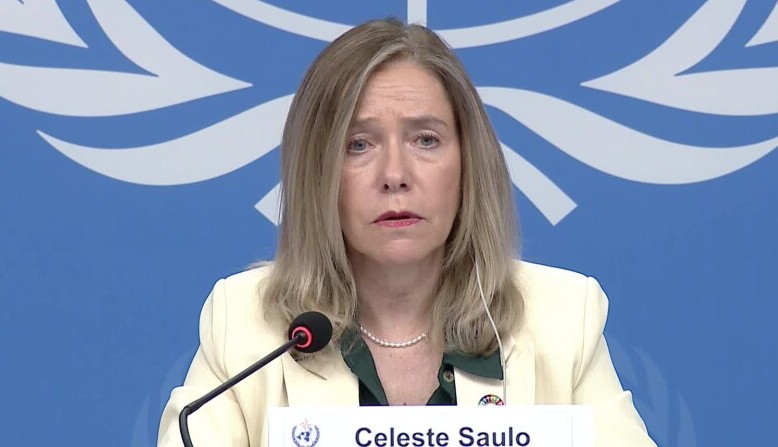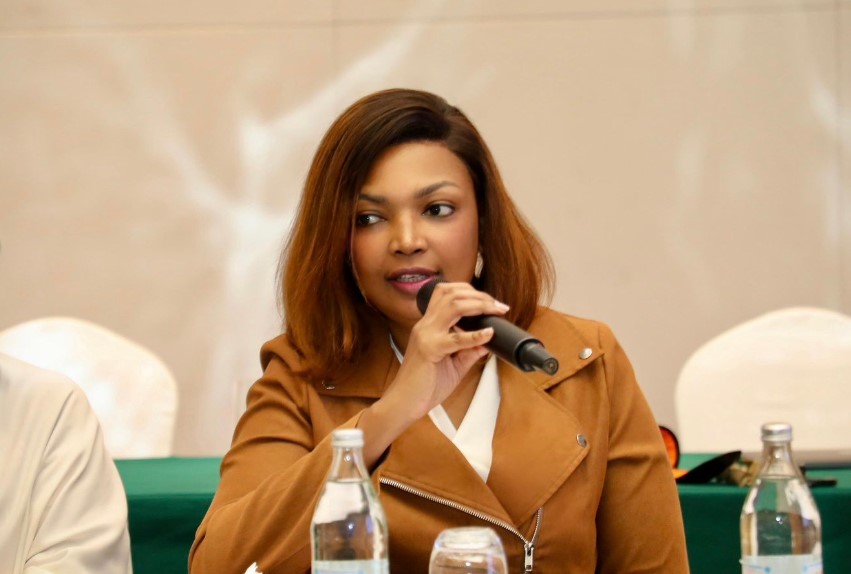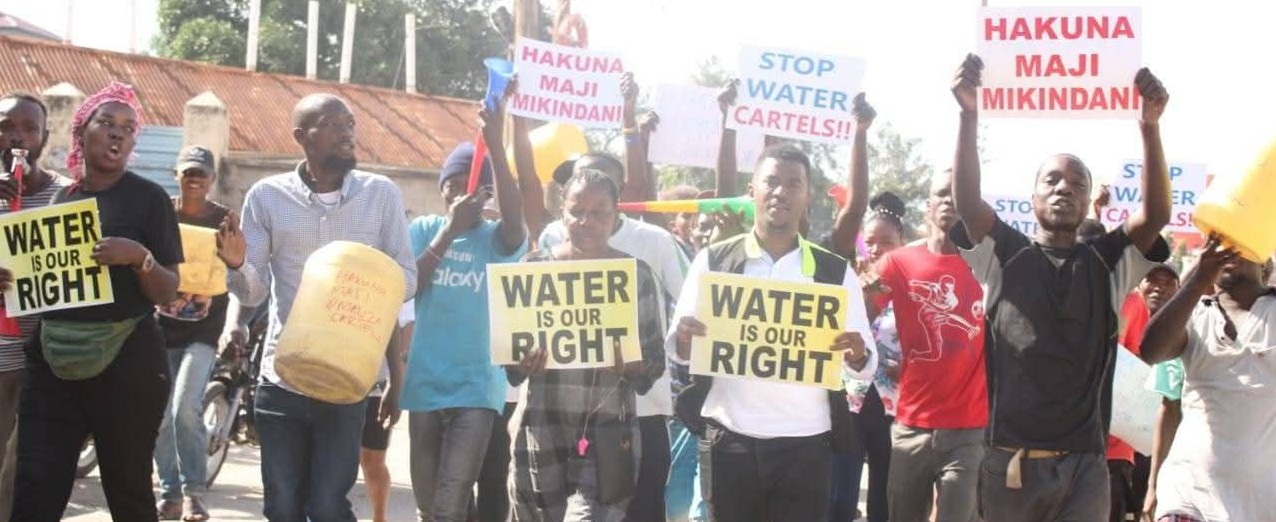Millions at risk as World Meteorological Organisation warns of gaps in early warnings

The WMO warns that millions remain unprotected from intensifying weather and climate disasters, urging governments and the private sector to close critical gaps in early warning systems, invest in technology, and ensure no community is left behind.
The World Meteorological Organisation (WMO) has called for urgent, coordinated global action to close critical gaps in early warning systems, warning that millions of people remain unprotected from worsening weather and climate disasters.
In a statement on Monday, issued by Secretary-General Celeste Saulo, WMO noted that its Early Warnings for All (EW4All) initiative—launched in 2022 to ensure every person worldwide is covered by multi-hazard early warning systems—has made progress but still faces major challenges in financing and institutional coordination.
More To Read
- Supporting Africa’s drylands: Insights from the pastoralists who call them home
- What’s at stake in the COP30 negotiations?
- Major global emitters off track, no country strong enough to meet climate targets - report
- African activists rally and challenge COP30 agenda
- Ethiopia hosting COP32 a ‘win for the Horn of Africa’, IGAD says
- Power utilities raise clean energy investment plans by 26 per cent in major Net Zero push
So far, 130 countries are benefiting from EW4All projects worth more than $150 million (Sh19.4 billion), but many remain under-resourced and lack the technology and staff needed to provide timely alerts.
While more governments are adopting national early warning plans and digital alert systems, WMO stressed that rural and marginalised communities often miss critical alerts due to weak communication networks, language barriers, and limited digital literacy.
Water-related hazards
"Weather, climate and water-related hazards are intensifying, with devastating consequences for lives, livelihoods, and are inflicting billions of dollars in economic losses. Yet we know that early warning systems save lives and reduce losses: every dollar invested can yield up to fifteen dollars saved in reduced disaster impacts," Saulo said.
"The challenge before us requires us to scale up: to extend coverage, close critical gaps, and ensure no one is left behind."
To bridge these gaps, WMO urged member states and partners to collaborate more closely with the private sector to co-design and fund early warning services and to address long-standing vulnerabilities through better governance and predictable resources.
Saulo also called for the scaling up of impact-based forecasts and improved access to data on risks and exposure, while encouraging the responsible use of new technologies such as artificial intelligence.
She similarly urged members to modernise weather observation networks, promote open and free data sharing, and bridge the digital divide through continued investment in communication infrastructure.
The secretary-general also emphasised the need to empower national meteorological agencies to provide trusted disaster information and counter misinformation.
"The tools exist. The standards are in place. The data flows. What remains is the collective will to act at the speed and scale required. The Early Warnings for All initiative is more than a slogan; it is a promise of dignity, safety and prosperity. I call on all of us to unite to deliver Early Warnings for All, by All. The time is now," Saulo said.
Top Stories Today















































